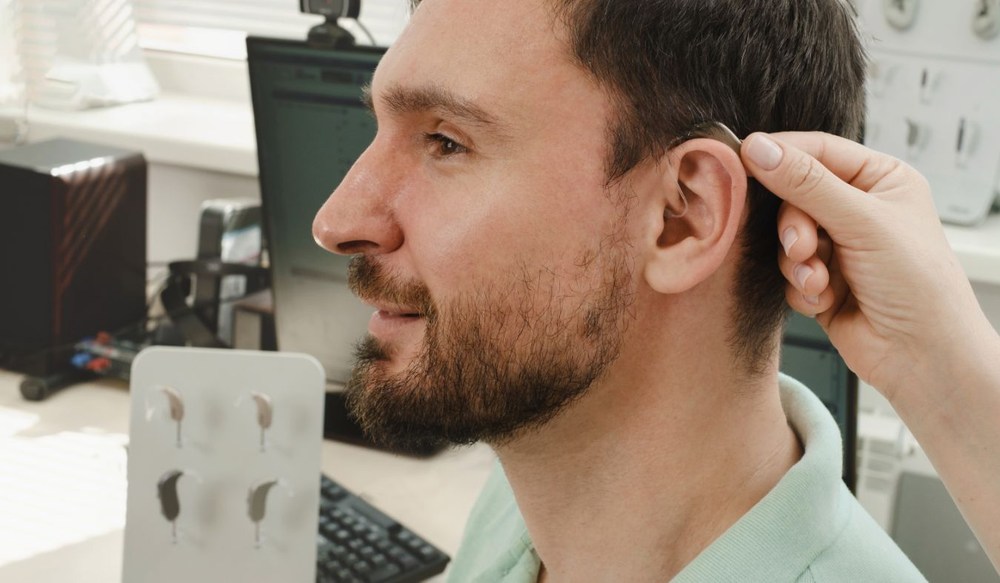How Hearing Loss Affects Memory and Thinking
Hearing loss doesn’t just affect your ears, it can also influence how


Hearing loss doesn’t just affect your ears, it can also influence how

Hearing aids help you hear sounds more clearly in everyday life. Without

Have you noticed that music does not sound the way it once did? For many